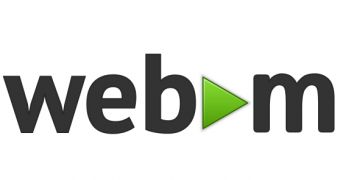For a couple of years, the fate of the VP8 codec hasn't been clear. Google released it as open source, free for anyone to use in any way. But there was the threat of any number of patents being leveraged against the video codec, making it problematic for it to be used freely.
Now, Google and the MPEG LA, a group which handles codec licensing for a large number of stakeholders, have come to an agreement which means the VP8 codec can be used freely by anyone.
"The arrangement with MPEG LA and 11 patent owners grants a license to Google and allows Google to sublicense any techniques that may be essential to VP8 and are owned by the patent owners; we may sublicense those techniques to any VP8 user on a royalty-free basis," Google explained.
This means that Google can allow anyone to use the VP8 codec in any way it sees fit. It also means that using any technology or method covered by any of the patent owners is allowed.
"The techniques may be used in any VP8 product, whether developed by Google or a third party or based on Google's libvpx implementation or a third-party implementation of the VP8 data format specification," Google added.
This means that the license is applied to any product or component developed by Google, including the reference libvpx library, but also any library or tool developed to encode or decode VP8 videos.
"It further provides for sublicensing those VP8 techniques in one successor generation to the VP8 video codec," Google further explained.
This part may be the most important, it means anyone can take VP8 and improve it, even going way beyond the initial specifications, and still be protected from patent litigations. It means that VP8 and any of its successors have an ensured future.
No financial details have been disclosed, but it's safe to say Google ended up paying a significant sum so that everyone can benefit from the technology.
Mozilla applauded the move, Firefox already supports VP8 by default, but an insurance against legal threats is nice to have.
With this aspect settled, VP8 serves as a solid foundation for HTML5 video, though that ship has long sailed, and, more importantly, for the nascent WebRTC communication standard, which is currently being developed and implemented by Google, Mozilla and other groups.

 14 DAY TRIAL //
14 DAY TRIAL //